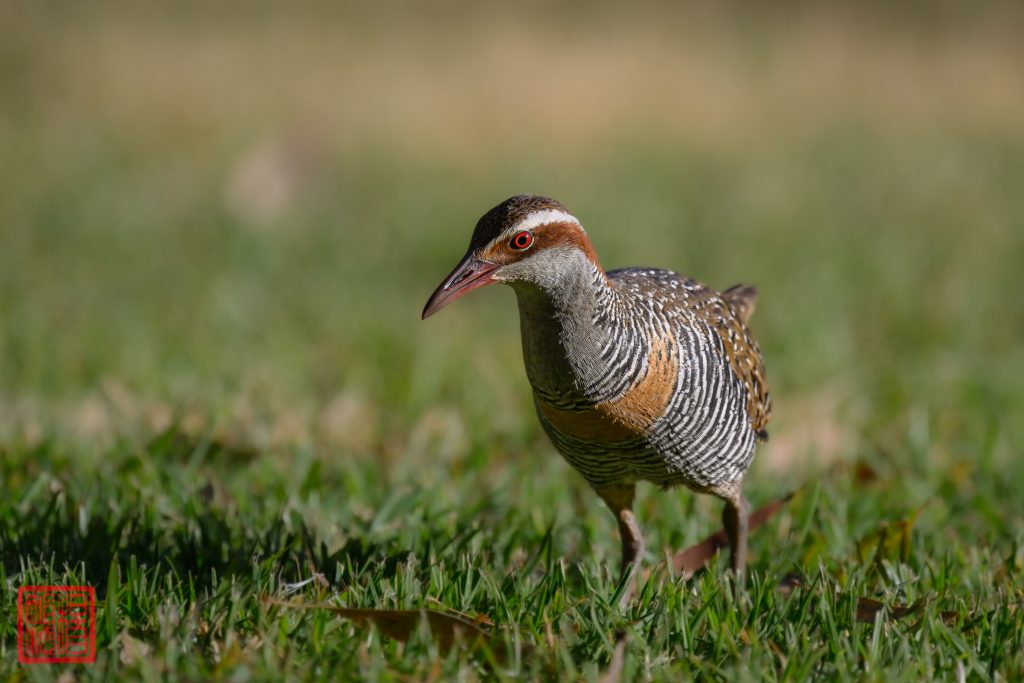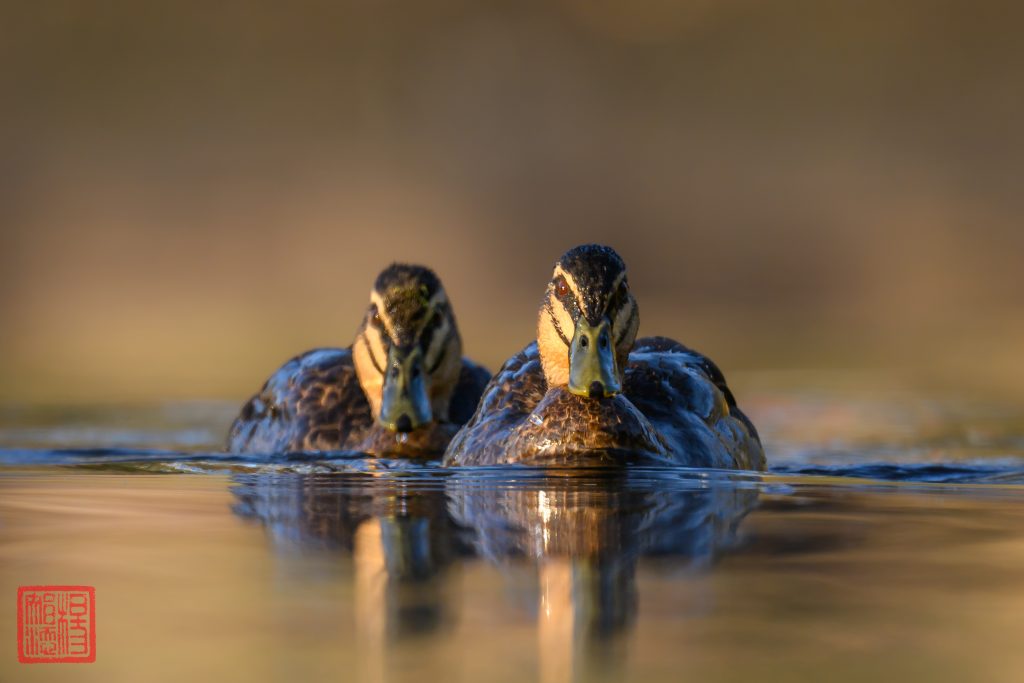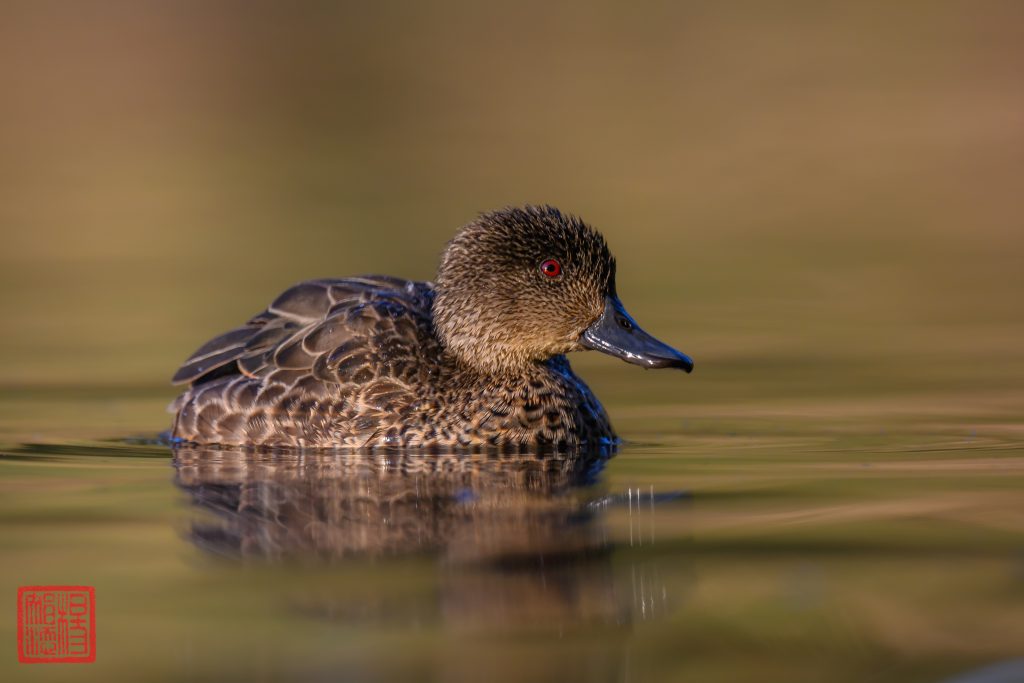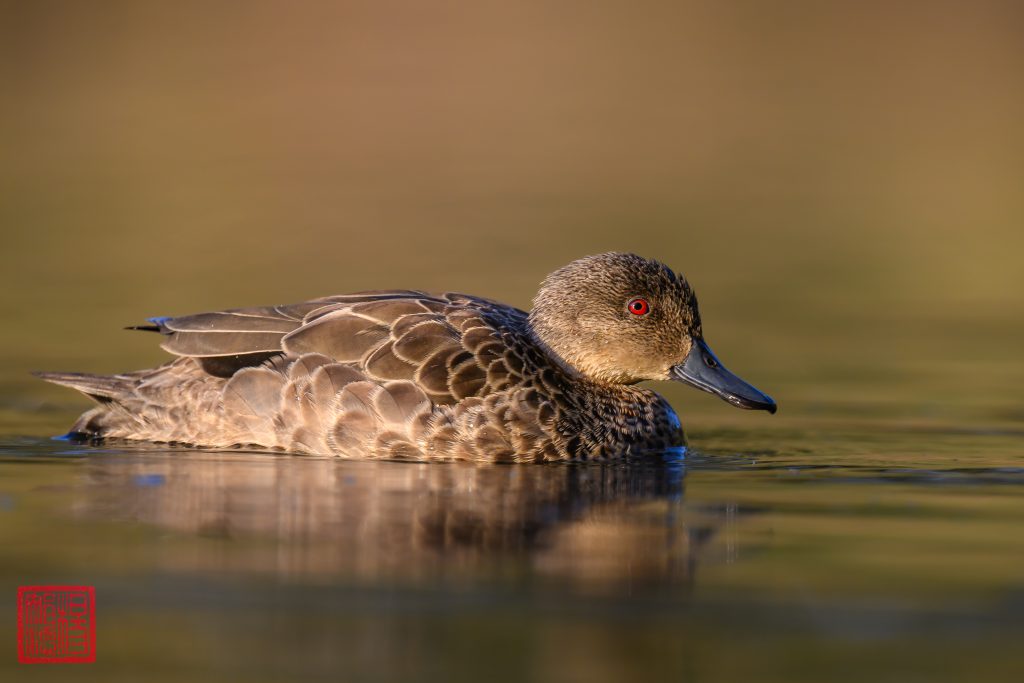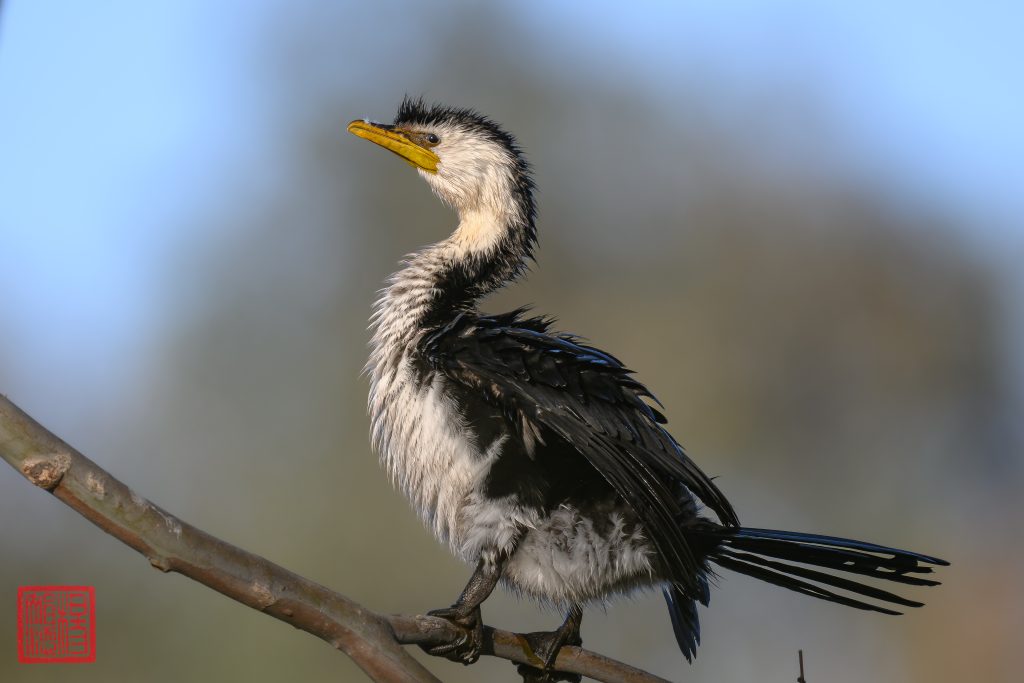These portraits of the ladybirds were taken in my backyard on 14 November 2024. The parsleys are in full bloom. This attracted the Ladybirds. I took this opportunity to capture some macro photographs of these beneficial insects.
They are fairly easy subjects because they are slow-moving and don’t seemed particularly disturbed by the presence of cameras and lenses.
On this particular day, I was using the Nikon F-mount macro lens with a 2 times teleconverter attached. This gives me a reproduction ratio of 2:1 – 2 times life size. In contrast, the new Z-mount macro lens does not take a teleconverter. It is restricted to a 1:1 reproduction ratio unless a diopter such as a Raynox DCR-250 lens is attached. In many ways, the older lens is more flexible than the new lens. I sometimes do wonder why Nikon make design decisions such as this. Perhaps the decision was to prioritise image quality (for which the Z-mount lens is excellent) over flexibility.
Nikon Z9, Nikon AF-S VR Micro Nikkor 105mm f/2.8G IF-ED, Nikon AF-S Teleconverter TC-20EIII, Nikon FTZ II Nikon SB-5000, Crafty Bells Diffuser @ 210mm 1/200s f/22 ISO400










